DDA JE 2025 Syllabus & Exam Pattern | Complete Guide for Mechanical, Electrical, Civil & Non-Tech Syllabus
Preparing for the DDA JE 2025 Recruitment Exam can be
challenging without a clear understanding of the syllabus and exam pattern.
Whether you're targeting the Mechanical, Electrical, Civil, or Non-Technical
streams, having a well-organized syllabus helps you focus your efforts. In this
guide, we break down the complete DDA Junior Engineer (JE) Syllabus 2025,
provide insights into the exam pattern, and share expert tips to help
you crack the exam with ease.
DDA JE 2025 Exam Pattern Overview
Understanding the DDA JE Exam
Pattern 2025 is crucial to strategize your preparation
effectively. The selection process consists of a
single-stage written examination designed to assess both
technical knowledge and general aptitude.
Exam Pattern Table
|
Sections |
Topics |
Total Marks |
Number of
Questions |
|
Non-Technical
Part |
General Awareness |
10 Marks |
10 Questions |
|
Reasoning | 10 Marks | 10 Questions |
|
|
Quantitative Aptitude |
10 Marks |
10 Questions |
|
|
English Language |
10 Marks |
10 Questions |
|
| Computer | 10 Marks | 10 Questions | |
|
Technical Part |
Discipline/Branch Specific (Mechanical, Electrical, Civil) |
100 Marks |
100 Questions |
|
Total |
- |
150 Marks |
150 Questions |
✅ The exam is conducted in Objective (MCQ) format with a total duration of 2 hours.
⚡ Important Note: Negative
marking is applicable (usually 0.25 marks
deducted per wrong answer).
DDA JE 2025 Syllabus – Detailed
Subject-Wise Breakdown
Mechanical Engineering Syllabus
|
Section |
Topics Covered |
|
Engineering Mechanics |
Laws of Motion, Friction, Centroid, Moment of Inertia,
Dynamics, Free Body Diagrams |
|
Strength of Materials |
Stress & Strain, Bending Moment & Shear Force,
Torsion, Columns, Thermal Stresses |
|
Theory of Machines |
Simple Mechanisms, Gears, Flywheels, Governors, Balancing,
Vibrations |
|
Thermal Engineering |
Laws of Thermodynamics, IC Engines, Refrigeration &
Air Conditioning, Heat Transfer |
|
Fluid Mechanics & Machinery |
Properties of Fluids, Bernoulli’s Principle, Flow through
Pipes, Pumps, Turbines |
|
Manufacturing Technology |
Casting, Welding, Machining, Machine Tools, Metrology,
CNC, Additive Manufacturing |
|
Industrial Engineering |
Production Planning, Work Study, Inventory Control,
Quality Control, Ergonomics |
|
Machine Design |
Design of Fasteners, Shafts, Keys, Bearings, Springs,
Levers |
|
Material Science |
Types of Materials, Heat Treatment, Crystal Structure,
Failure Analysis |
Electrical Engineering Syllabus
|
Section |
Topics Covered |
|
Basic Electrical Engineering |
Ohm’s Law, Kirchhoff’s Laws, Network Theorems, Series
& Parallel Circuits, Power & Energy |
|
Electrical Machines |
Transformers, DC Machines, Induction Motors, Synchronous
Machines, Starting Methods |
|
Power Systems |
Generation, Transmission & Distribution, Fault
Analysis, Circuit Breakers, Protection |
|
Measurement & Instrumentation |
Electrical Instruments, Measurement of Power & Energy,
Transducers, Error Analysis |
|
Control Systems |
Transfer Functions, Block Diagrams, Stability, Time
Response, Controllers (PID, etc.) |
|
Power Electronics |
Diodes, SCR, MOSFET, IGBT, Rectifiers, Inverters, Converters |
|
Utilization & Drives |
Electric Heating, Welding, Illumination, Electric
Traction, Motor Drives |
|
Estimation & Costing |
Wiring Methods, Load Calculation, Estimating Materials
& Cost, IE Rules |
Civil Engineering Syllabus
|
Particular |
Details |
|
Building Materials |
Physical & Chemical properties, classification,
standard tests, use & manufacturing/quarrying of materials (e.g.,
building stones, silicate-based materials, cement (Portland), Asbestos
products, Timber & wood-based products, laminates, bituminous materials,
paints, varnishes) |
|
Surveying |
Principles of surveying, working of properties, compass
& bearing, plane table surveying, theodolite traverse adjustment,
leveling & contouring, curvature, refraction, permanent adjustment of
dumpy level, methods of contouring, uses of a control map, tachometric survey |
|
Soil Mechanics |
Origin of soil, phase diagram, definitions of void ratio,
porosity, degree of saturation, water content, specific gravity of soil
grains, unit weights, grain size distribution curves of coarse/fine soils,
Atterberg’s limits, IS soil classification, plasticity chart, permeability,
effective stress, consolidation of soils, shear strength of soils, direct shear
test, vane shear test, triaxial test, soil compaction, Proctor test, standard
penetration test, plate load test |
|
Hydraulics |
Fluid properties, hydrostatics, measurement of flow,
Bernoulli’s theorem & its applications, flow through pipes, flow in open
channels, weirs, flumes, spillways, pumps, turbines |
|
Environmental Engineering |
Quality of water, water sources, purification &
distribution of water, need for sewerage systems, sewer appurtenances,
surface water drainage, sewage treatment |
|
Structural Engineering |
Elasticity constants, types of beams,
determinate/indeterminate beams, shear force & bending moment diagrams,
stresses in beams, chimneys, dams, retaining walls, eccentric loads,
stability of cantilevers, circular sections |
|
Concrete Technology |
Properties, advantages, uses of concrete, cement
aggregates, water-cement ratio, workability, mix design, batching, mixing,
curing, compaction, finishing, curing, hot weathering, cold weathering,
repair & maintenance of concrete structures |
|
RCC Design |
RCC beams (shear strength, bond strength, design of
singly/doubly reinforced beams, one/two-way slabs, isolated/combined
footings, T-beams, columns), shear walls, design concepts as per Limit State
& Working Stress Method |
|
Steel Design |
Steel design and construction of steel columns, beams,
roof trusses, plate girders |
Non-Technical Syllabus (Common for
All Posts)
|
Subjects |
Topics |
|
General Awareness |
Questions in this component are designed to test the
candidate's general awareness of their environment and its application to
society. This includes knowledge of current events and matters of everyday
observation and experience. The test will also include questions about India
and its neighboring countries, especially regarding History, Culture,
Geography, Economic Scene, General Policy, and Scientific Research. |
|
Reasoning |
This section includes both verbal and non-verbal
questions. Topics may include analogies, similarities and differences,
space visualization, spatial orientation, problem-solving, analysis,
judgment, decision-making, visual memory, discrimination, observation,
relationship concepts, arithmetical reasoning and figural classification,
arithmetic number series, non-verbal series, coding and decoding, statement
conclusion, and syllogistic reasoning. The topics also cover Semantic
Analogy, Symbolic/Number Analogy, Figural Analogy, Semantic Classification,
Symbolic/Number Classification, Figural Classification, Semantic Series,
Number Series, Figural Series, Problem Solving, Word Building, Coding &
de-coding, Numerical Operations, symbolic Operations, Trends, Space
Orientation, Space Visualization, Venn Diagrams, Drawing inferences, Punched
hole/pattern–folding & unfolding, Figural Pattern– folding and
completion, Indexing, Address matching, Date & city matching, Small &
Capital letters/numbers coding, decoding, and classification. |
|
Quantitative Aptitude |
This component tests the ability to use numbers and number
sense. The scope of the test includes the computation of whole numbers,
decimals, fractions, and relationships between numbers, Percentages, Ratios
& Proportions, Square roots, Averages, Interests, Profit and Loss,
Discounts, Partnership Business, Mixture and Allegation, Time and distance,
Time & Work, Basic algebraic identities of School Algebra, Triangle and
its various kinds of centers, Congruence and similarity of triangles, Circle
and its chords, tangents, angles subtended by chords of a circle, common
tangents to two or more circles, Triangle, Quadrilaterals, Regular Polygons,
Circle, Sphere, Hemispheres, Rectangular Parallelepiped, Regular Right
Pyramid with triangular or square base, Trigonometric ratio, Standard
Identities, Complementary angles, Heights and Distances, Histogram, Frequency
polygon, Bar diagram & Pie chart. |
|
English Language & Comprehension |
This section is designed to test a candidate's
understanding and knowledge of the English language. Questions will be based
on spotting errors, filling in the blanks, synonyms, antonyms,
spelling/detecting misspelled words, idioms & phrases, one-word
substitution, improvement of sentences, active/passive voice of verbs,
conversion into direct/indirect narration, shuffling of sentence parts,
shuffling of sentences in a passage, cloze passage & comprehension
passage. |
✅ Understand the exam pattern
thoroughly and allocate time based on subject difficulty.
✅ Practice previous years’
papers and mock tests regularly.
✅ Focus on core technical
subjects but don’t neglect general awareness and English.
✅ Make short notes for quick
revisions.
✅ Stay updated with current
affairs relevant to India.
Frequently Asked Questions (FAQs)
Q1. What is the DDA JE selection process?
The selection process for DDA JE recruitment typically consists of a single stage: a Computer-Based Test (CBT). After the exam, candidates who qualify based on merit are called for document verification and a medical examination.
Q2. When will the DDA JE 2025 exam be held?
According
to the latest information, the DDA JE 2025 exam is tentatively scheduled to be
conducted in December 2025 or January 2026. The official and final dates
will be announced on the DDA website after the application period concludes.
Q3. What is the eligibility criteria for the DDA JE exam?
The eligibility criteria are based on educational qualification, age, and
nationality.
Educational Qualification: You must have a diploma
in the relevant engineering discipline (Civil, Electrical, or Mechanical)
from a recognized institution.
Age Limit: The minimum age is 18 years and the
maximum is 27 years as of the closing date of the application.
Age Relaxation: There are age relaxations for
reserved categories such as SC/ST (5 years) and OBC (3 years), as per
government norms.
Final
thoughts
Having a structured preparation strategy starts with
understanding the DDA JE 2025 Syllabus & Exam Pattern in depth.
Focus your energy on mastering the core technical subjects while keeping time
for reasoning, general knowledge, and English language sections. Download the
syllabus, follow a study plan, and consistently practice to maximize your
success chances.
Start your DDA JE
preparation today and get ahead of the competition!

Makeiteasy


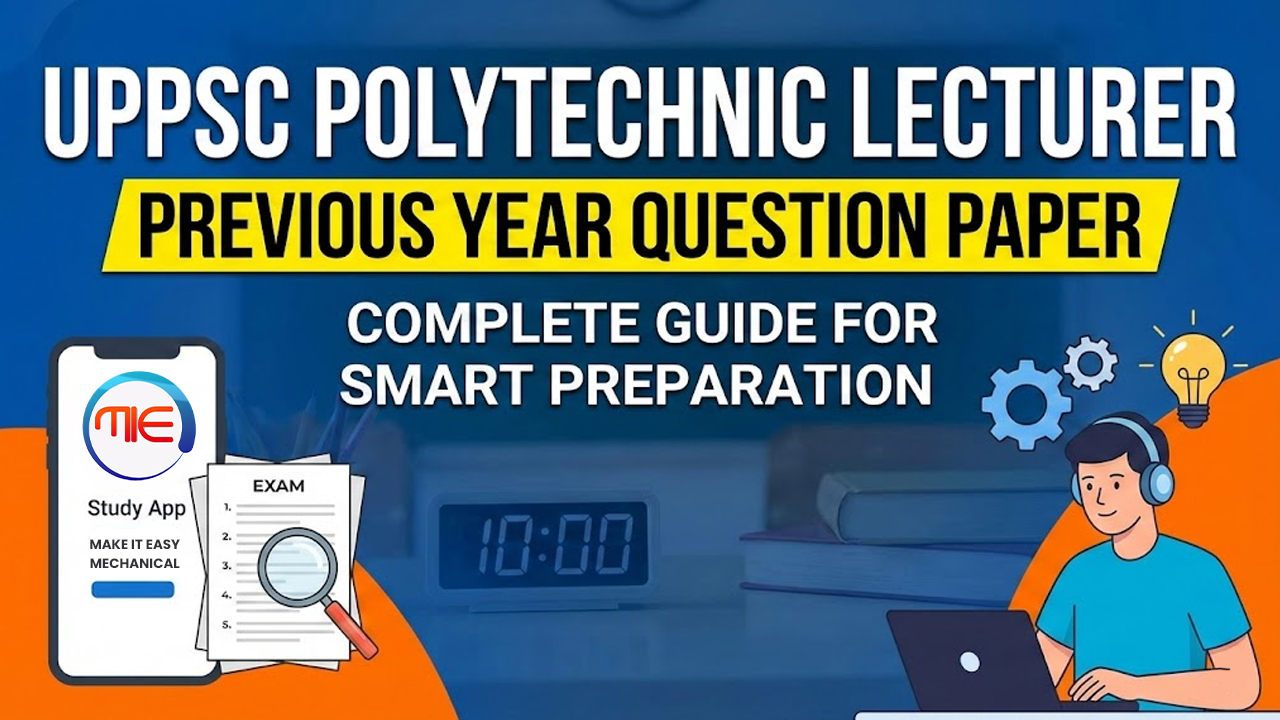
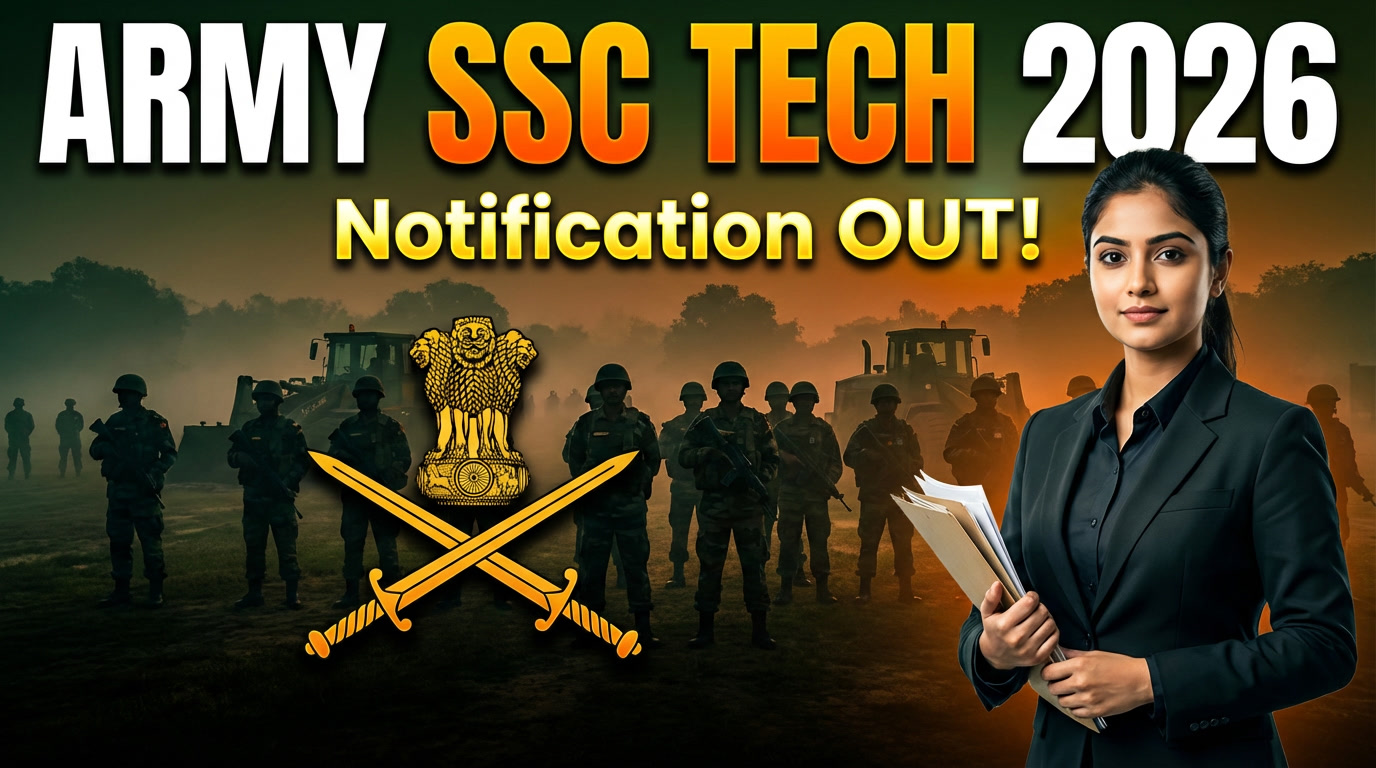

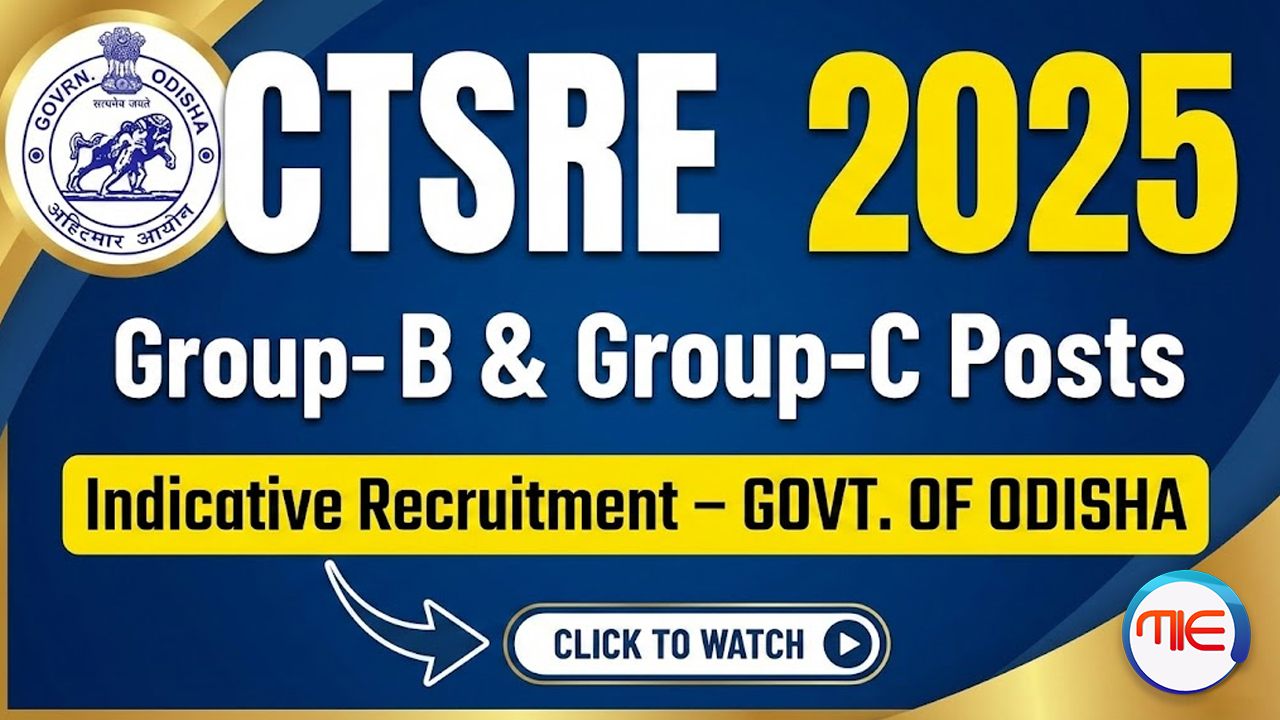
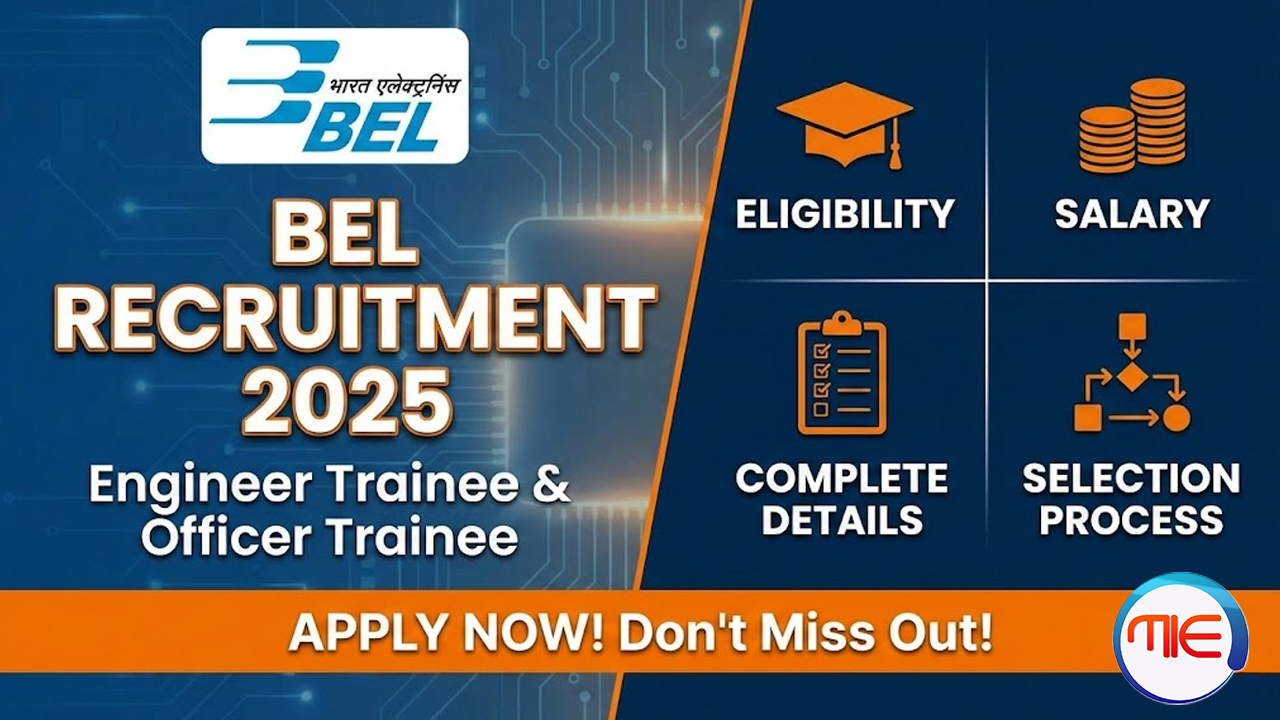
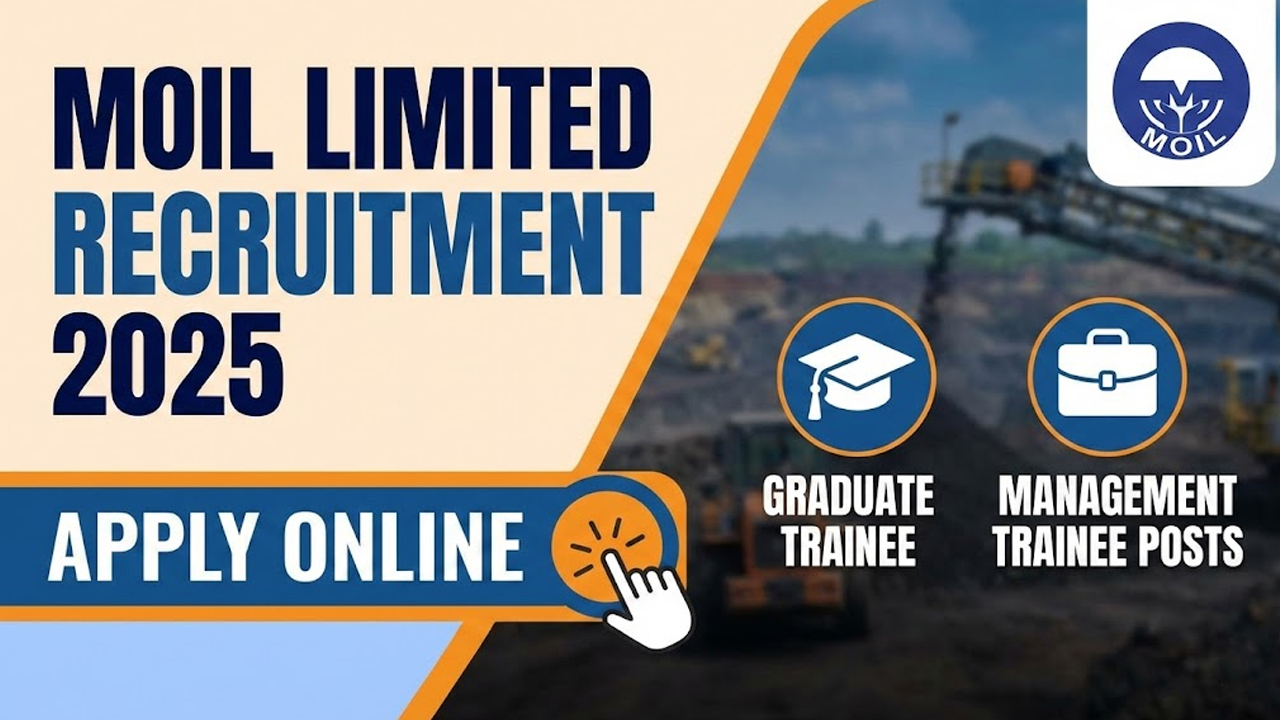

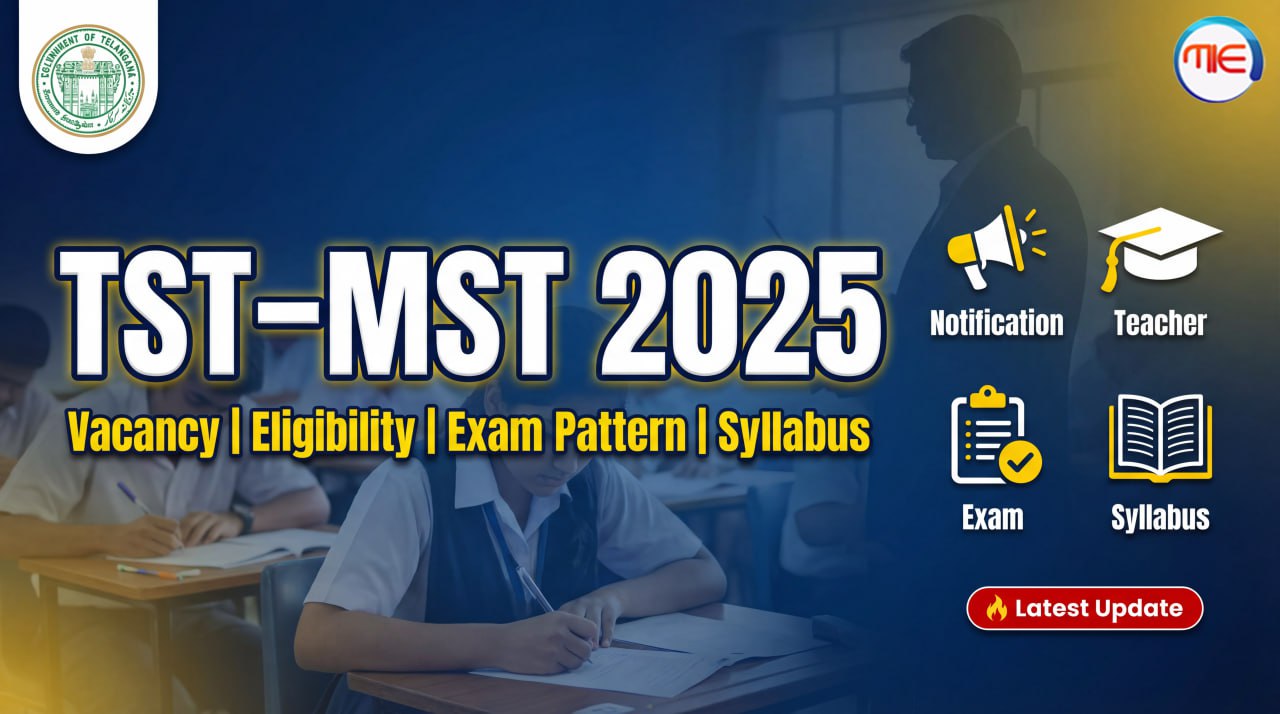
Leave a Comment